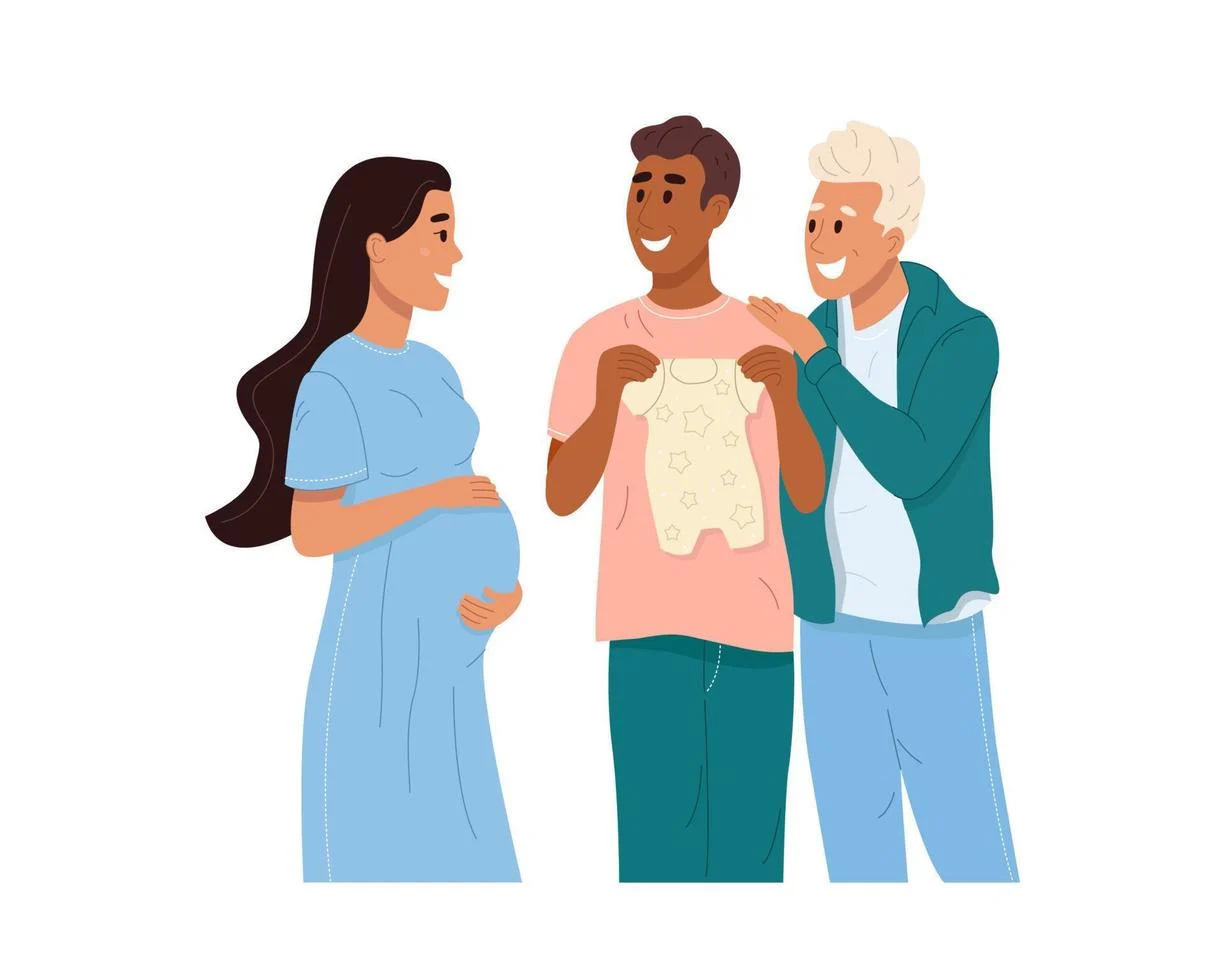So there I was, cruising along in my third pregnancy, feeling like an absolute expert in the baby-carrying department. I thought I had everything under control until my body decided to throw me a curveball with some strange symptoms.
First off, I found myself inexplicably thirsty. And when I say thirsty, I mean I could down a liter of water first thing in the morning and still feel like I was wandering through a desert. I might as well have been trying to hydrate a cactus! Next up, my vision became blurry. I shrugged it off, recalling that pregnancy can mess with my already nearsighted eyes. But then there was the fatigue — not the usual “I’m a mom and I’m tired” kind, but an all-consuming exhaustion that felt like I’d run a marathon in my sleep.
These symptoms hit around week 27, so when I flunked the one-hour glucose test at week 28 and then bombed the three-hour test at week 29, I was not shocked when the call came through confirming I had gestational diabetes.
Understanding Gestational Diabetes
Now, if you’re not familiar with GD, let me break it down. It only occurs during pregnancy and tends to disappear after delivery about 90% of the time. However, being diagnosed means you have a higher chance of developing Type 2 diabetes later on, so learning how to manage sugar intake and stay active becomes paramount. Oh, and if you breastfeed, your risk of Type 2 diabetes is slashed by half. Yes, half! Breasts really are magical!
As my belly ballooned, my body was busy juggling hormones that were acting like hyperactive children on a sugar high. These hormones can sometimes hinder insulin production, which is crucial for converting blood sugar into energy. The outcome? Excess sugar in your bloodstream can lead to your baby gaining weight too quickly, putting unnecessary strain on their developing system, potentially leading to premature birth, jaundice, and an increased risk of Type 2 diabetes. Not exactly a picnic.
Processing the Diagnosis
Receiving the diagnosis was a lot to take in. I immediately began replaying my diet in my head, recalling the cheesecake, extra fries, and those delicious mango smoothies. After all, I was eating for two, right? But guilt washed over me like a tidal wave. I felt like the world’s largest (and not in a good way) jerk.
Before my appointment with a diabetes nurse and dietitian, I found myself frantically googling everything sugar-related. My doctor suggested cutting down on sugar, and before I even had my daily sugar readings, I dove headfirst into a full sugar detox.
Let me tell you, that was brutal. For five days, I felt like a zombie while trying to adjust to a diet of lean meats, nuts, fresh veggies, and limited fruits. Out went the coffee creamer, the mocktails with sugary tonic, and, heartbreakingly, the cheesecake.
By day six, my cranky uterus decided to react, and I ended up in the hospital with false labor contractions. Don’t worry, I’m fine, and so is the baby. But breaking up with sugar was no easy feat. It’s in everything! I had to check the sugar and carb content of everything before taking a bite. This was annoying but necessary, forcing me to rethink what I considered a healthy portion and a “sweet treat.”
A New Relationship with Food
While gestational diabetes may be a temporary bump in the road to growing a healthy baby, it has fundamentally shifted my relationship with food. For years, food had been my comfort, but now I have to view it as fuel for my body and my growing little one. This aspect of gestational diabetes isn’t all bad; the rest? Well, let’s just say it’s not exactly a cakewalk.
For more on navigating pregnancy and home insemination, check out this insightful piece on gestational diabetes and explore resources like Make A Mom for more on the topic. You can also visit CDC’s resource center for excellent information on pregnancy and related health concerns.
Conclusion
In summary, gestational diabetes was an unexpected twist in my pregnancy journey, challenging me to rethink my food choices and approach to health. While it came with its share of struggles, it has also opened my eyes to the importance of nutrition in supporting both my health and that of my unborn child.
